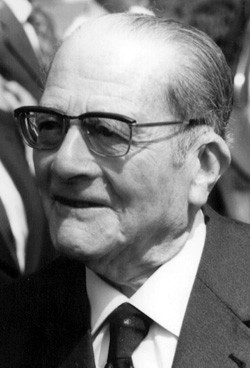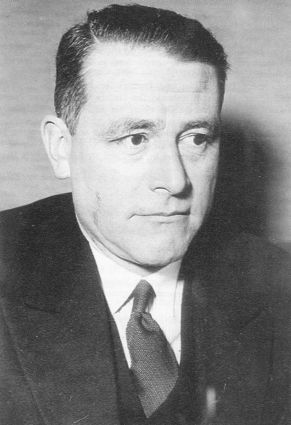Myth and the Russian Pogroms, Part 2: Inventing Atrocities
Having grounded ourselves in the history of Russia’s Jewish Question, it is now time for us to turn our attention to the anti-Jewish riots of the 1880s. The following essay will first provide the reader with the standard narrative of these events advanced by Jewish contemporaries and the majority of Jewish historians — a narrative which has overwhelmingly prevailed in the public consciousness. The latter half of the essay will be devoted to dissecting one aspect of the Jewish narrative, and explaining how events really transpired. Other aspects of the Jewish narrative will be examined in later entries in this series. While a work like this can come in for heavy criticism from certain sections of the population who may denounce it as ‘revisionist,’ I can only say that ‘revisionism’ should be at the heart of every historical work. If we blindly accept the stories that are passed down to us, we are liable to fall victim to what amounts to little more than a glorified game of Chinese whispers. And, if we taboo the right of the historian to reinterpret history in light of new research and new discoveries, then we have become far removed from anything resembling true scholarship.
The Jewish Narrative.
In 1881 the ‘Russo-Jewish Committee,’ (RJC) an arm of Britain’s Jewish elite, mass-produced a pamphlet entitled “The Persecution of the Jews in Russia,” and began disseminating it through the press, the churches, and numerous other channels. By 1899, it was embellished and published as a short book, and today digitized copies are freely available online.[1] By the early 20th century, the pamphlet had even spawned a four-page journal called Darkest Russia – A Weekly Record of the Struggle for Freedom, ensuring that the average British citizen did not go long without being reminded of the ‘horrors’ facing Russian Jews.[2] The fact that these publications were mass produced should provide an indication as to their purpose: It is clear that these publications represented one of the most ambitious propaganda campaign in Jewish history, and combined with similar efforts in the United States, they were aimed at gaining the attention of, and ‘educating,’ the Western nations and ensuring the primacy of the ‘Jewish side of the story.’ Implicit in this was not only a desire to provoke anti-Russian attitudes, but also copious amounts of sympathy for the victimized Jews — sympathy necessary to ensure that mass Jewish chain migration to the West went on untroubled and unhindered by nativists. After all, wasn’t the bigoted nativist just a step removed from the rampaging Cossack? Read more






